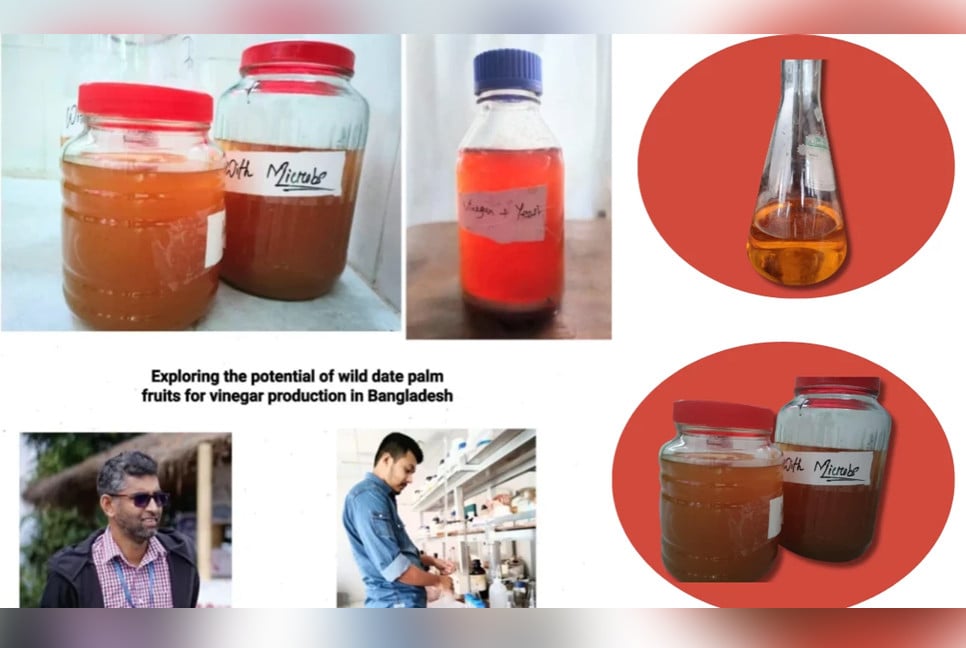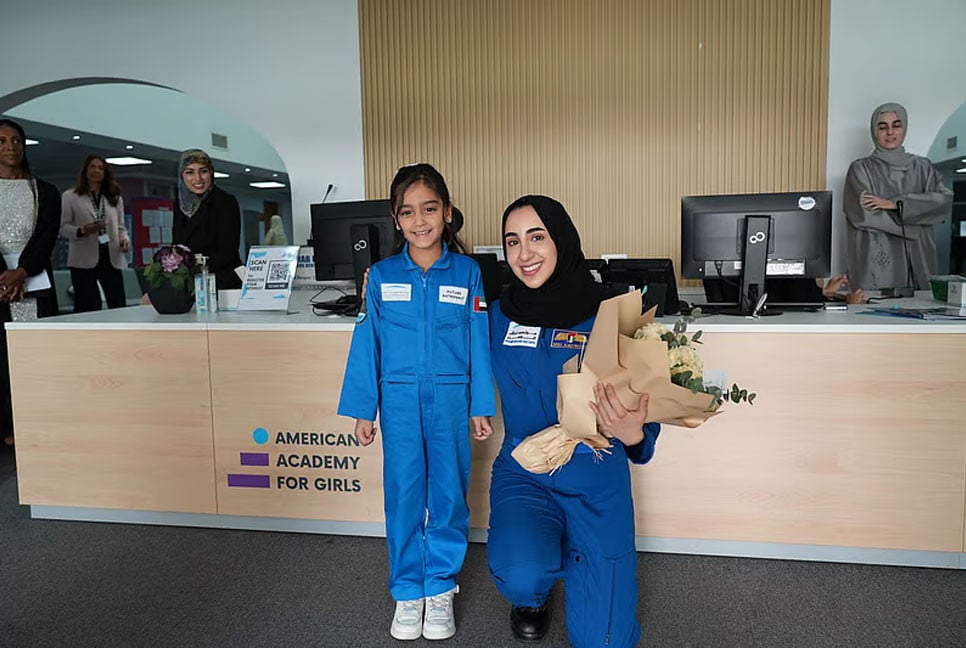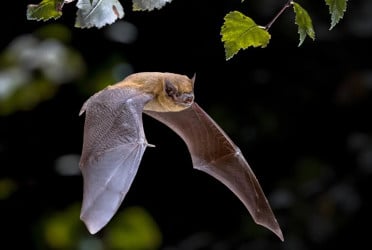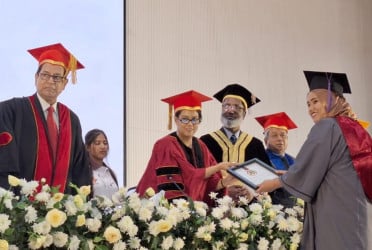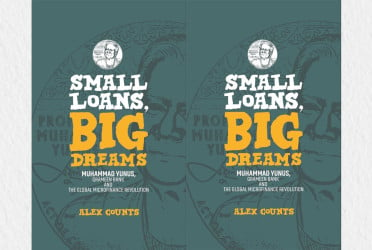A team of researchers at Bangladesh Agricultural University (BAU) has made a groundbreaking advancement in food processing by developing an eco-friendly method to produce vinegar from wild dates.
The innovation, led by Prof. Dr. Md Anisur Rahman Mazumder from the Food Technology and Rural Industries Department, is expected to create new opportunities for Bangladesh's food and agricultural sectors, reports UNB.
“This innovation could open new horizons for Bangladesh's food processing industry,” said Prof Anisur Rahman.
He said the process involves an environmentally sustainable fermentation technique, which transforms wild date juice into vinegar.
This method not only utilises locally abundant agricultural resources but also minimises waste, aligning with Bangladesh’s sustainable development and food security goals.
Nutrient-packed product
Discussing its versatility, Prof Anisur highlighted that vinegar is not limited to culinary use. "Vinegar, beyond its use in food and beverages, has applications in packaging, cosmetics, and pharmaceuticals. The growing demand for antioxidant-rich and nutrient-packed vinegar among health-conscious consumers further enhances its market viability," he said.
Prof Anisur also shed light on the untapped potential of wild date fruits. "Wild date fruits are abundantly available in Bangladesh, especially in rural areas and along roadsides. Despite being nutrient-rich, they are largely underutilised. This research offers a valuable opportunity to harness this affordable and locally accessible resource."
The process begins with fermentation, where wild date juice is converted into alcohol by yeast before being transformed into acetic acid by Acetobacter species.
The research team found that higher juice concentrations resulted in increased alcohol and acidity levels, yielding a vinegar rich in essential minerals like potassium, calcium, phosphorus, magnesium, and sodium—making it a desirable choice for health-conscious individuals.
Economic and global significance
Prof Anisur underlined the socioeconomic implications of the innovation. "This innovation can create new income opportunities for local farmers and expand the global market for Bangladesh’s agricultural products due to the high quality and nutritional value of vinegar made from wild dates," he said.
The findings, published in the internationally renowned journal Applied Food Research by Elsevier, demonstrate the global significance of the study.
The research was a collaborative effort involving BAU, Sylhet Agricultural University (SAU), and Dhaka University of Engineering and Technology (DUET). Alongside Prof Anisur, contributors included BAU’s Prof Dr Md Abdul Alim, Prof Dr Poly Karmoker, Umme Habiba, and ANM Iftekhar Alam; SAU’s Assistant Prof Md Fahad Jubayer; and DUET’s Assistant Prof Lopa Aunsary.
This innovative breakthrough not only showcases the potential of wild dates but also contributes to employment generation, sustainable resource use, and global market expansion for Bangladesh's agricultural sector.
Bd-pratidin English/ Afia

